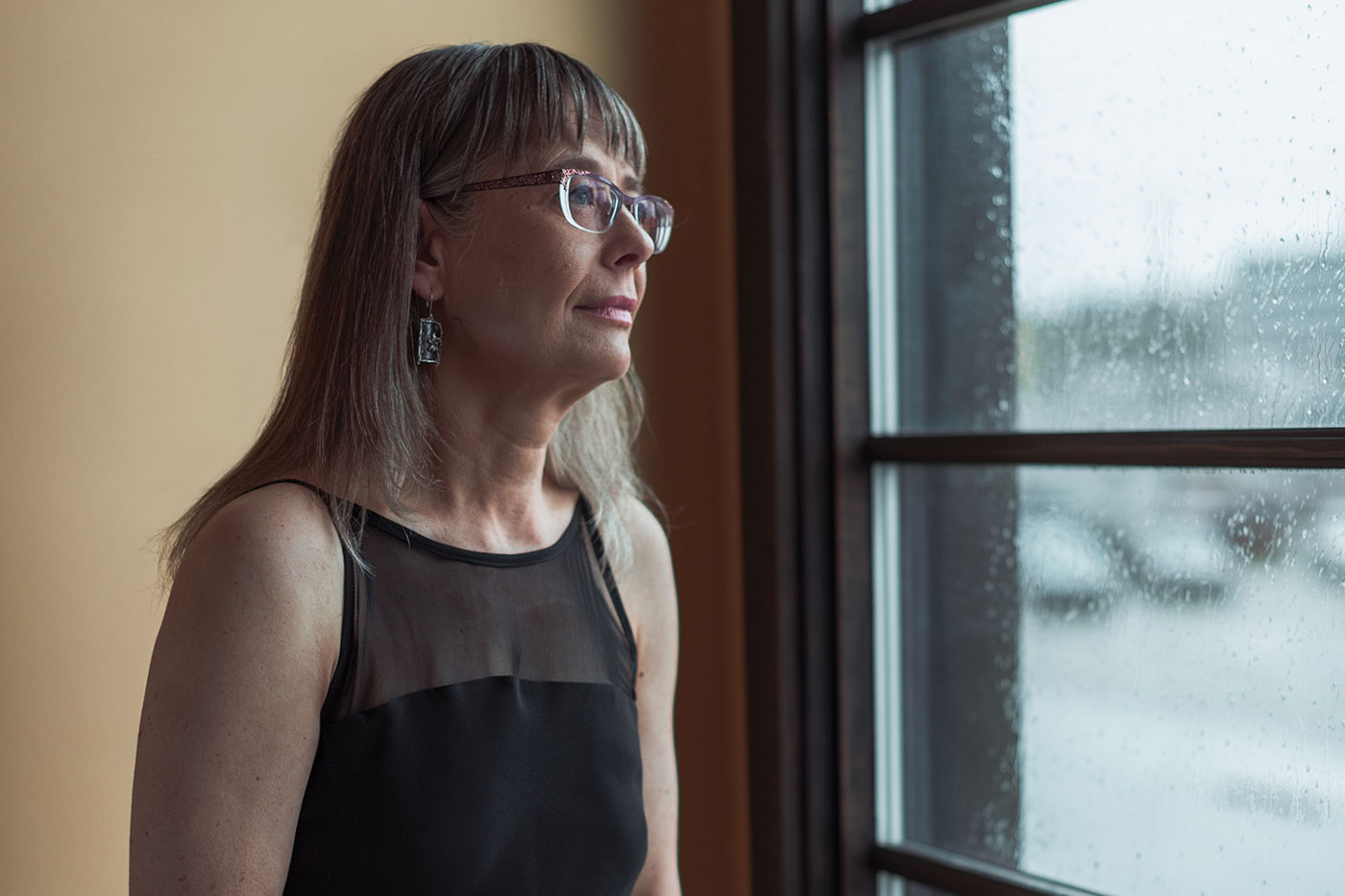Entering the newly renovated, former animal hospital in McCauley, I am immediately captured by the door.
The glass inlay is classic Art Deco that nods to the era inspiring the 1948 commercial building’s architecture. Anna Bubel, a 25-year McCauley resident, developer and consultant, proudly announces, “I found two of these doors on Kijiji for 100 bucks.” Immediately inside, Bubel sweeps her arms around the room, its new drywall painted an era-inspired green, “This used to be external dog kennels open to the sky.”
When the unique building came up for sale, she worried it would be demolished or leased to a cannabis store. Bubel’s financial partner was looking for a commercial space in the neighbourhood for his law practice, and so after hustling up one other investor, they bought the property. The next eight months of renovations were a blur.
She researched design features, which inspired the colour palette, rounded walls, curved arches and solid wood mouldings. She pursued a historic building designation.
She sourced reused materials like the front doors, and era-appropriate lights from a community hall in Ontario.
As a community economic development consultant, Bubel believes social enterprise and local entrepreneurship can be used for social change. These values guided her approach to the work. For instance, in sourcing workers, she worked with the Bissell Centre day labour program to help neighbours in her community gain valuable construction skills. She asked each one when they started on site, “What do you know how to do? And, what do you want to learn how to do?”
Through a church refugee sponsorship program, she hired a skilled tradesman from Syria who spoke almost no English, who proved to be a wonderful teacher. Also, there was Yousef Farajallah. His wife, three-year-old and newborn sons remain in Palestine where before he left for new prospects in Canada he’d worked as a nurse and teacher. “I’m so grateful she gave me the opportunity — especially when I had no experience.” Over the next six months he learned how to tape and mud drywall, paint and tile, skills he continues to use. “It was very good that she gave me the opportunity to make a living,” says Farajallah, who sends any extra money home to support 12 family members.
